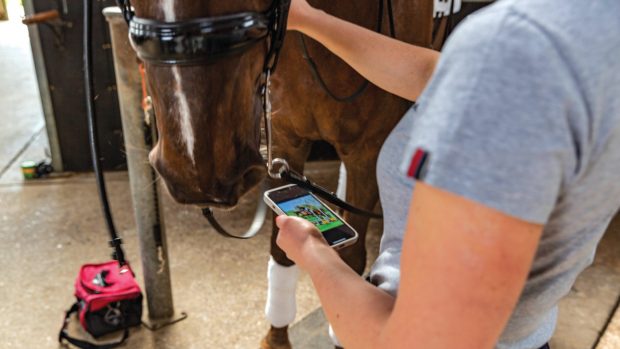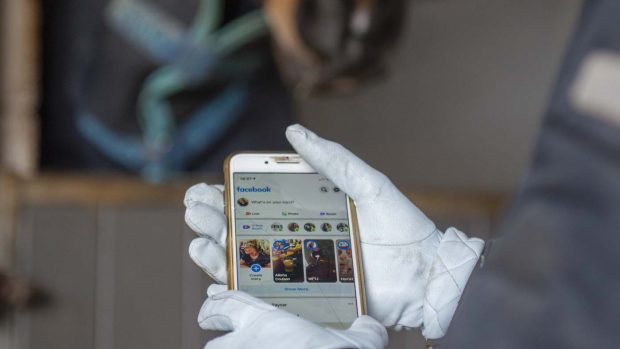Buyers are being warned that fraudsters are posting adverts for non-existent animals and accessories online.
Action Fraud, the UK’s national fraud and cyber crime reporting centre, is urging people to be aware after false adverts led to more than £3million in losses between 2012 and 2018.
It warns that fraudsters are advertising animals and equipment online, including horses and equine equipment, at bargain prices. They then request a full payment or deposit via bank transfer or electronic wire.
A report from Action Fraud and the National Fraud Intelligence Bureau found equestrian accessories accounted for 92% of monetary losses. Between January 2012 and May 2018, 368 reports were made concerning horseboxes or trailers.
The total reported loss was £1,145,369, with an average loss of £3,112 per victim.
Action Fraud director Pauline Smith said the upset and financial loss to victims “can be huge”.
“This is why it’s so important that you follow our advice to help protect yourself and always trust your instincts – if an offer seems too good to be true, it probably is,” she said.
“If you think you have been a victim of fraud, report it to us.”
Between January 2012 and May 2018, horses made up 174 of the reports, with a total loss of £343,286 and an average loss per victim of £1,973.
Article continues below…
You might also be interested in:

How to protect yourself from online scams
Online scammers are getting more and more convincing, so H&H offers expert tips to help you protect yourself

Subscribe to Horse & Hound magazine today – and enjoy unlimited website access all year round
The report also found 61% of victims were female, and 22% were between 20 and 29 years old. It showed the impact had a significant impact on the health and financial wellbeing of 31% of victims.
Tips from Action Fraud and Horse & Hound to help protect yourself from online scams:
- Always be alert
- If something seems too good to be true, it usually is
- Use your common sense; if the email doesn’t fit the expected process of selling or buying a horse/horsebox, you should be cautious
- Don’t give out your personal or bank account information to someone who has called you
- Be wary of offers to buy your horse/horsebox in the first email. Would you buy a horse or horsebox without seeing it? We all know that this doesn’t happen in real life.
- Be wary of anyone asking for bank details in the first email in order to make a payment.
- Always trade face-to-face
- If you’re purchasing goods and services from a company or person you don’t know and trust, carry out some research first, or ask friends and family for advice before completing a purchase. Remember, if an offer seems too good to be true, it probably is
- Ask for photographs or videos of the animal; a responsible seller will understand why the buyer wants photographs and more information before making a purchase.
- Avoid paying for good and services by bank transfer as that offers you little protection if you become a victim of fraud. Instead, use a credit card or payment services such as PayPal’s goods and services facility. Paying via “friends and family” does not provide the same level of protection.
- Use the online marketplace’s “report” function if you come across suspicious adverts or sellers.
- If you think you have fallen victim to this type of fraud, report it to Action Fraud online or by calling 0300 123 2040.
For all the latest news analysis, competition reports, interviews, features and much more, don’t miss Horse & Hound magazine, on sale every Thursday





